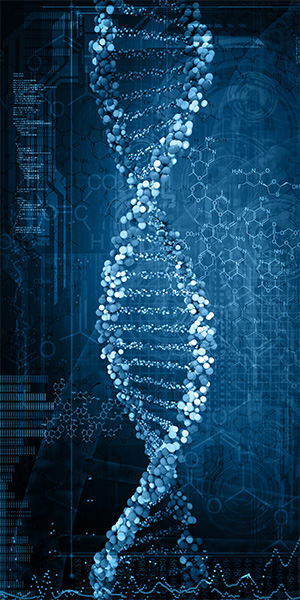Forensic Science 12
Forensic Science 12 does not meet the requirements for a Grade 12 science; it can be used for elective credit only. Forensic Science 12 cannot be used as a Grade 12 credit for the adult graduation program.
View the complete Learning Outcomes for this course: Forensic Science 12
Although the crime scene represents the first step in solving crimes through forensic science, the crime laboratory plays a critical role in the analysis of evidence. This course focuses on the analysis of evidence and testing that takes place within this setting. We will examine some of the basic scientific principles and knowledge that guides forensic laboratory processes, such as those testing DNA, toxicology, and material analysis. Techniques such as microscopy, chromatography, odontology, entomology, mineralogy, and spectroscopy will be examined.
UNITS
- Unit 1: Drug Evidence
- Unit 2: Forgeries and Document Examinations
- Unit 3: Forensic Toxicology
- Unit 4: Plant, Soil and Trace Evidence
- Unit 5: Forensic Entomology
- Unit 6: Forensic Anthropology
- Unit 7: Digital Evidence
- Unit 8: The Future of Forensic Science
Assessment
- Assignments (includes lab questions and text questions) 50%
- Discussions 25%
- Unit Quizzes, Midterm and Final Exam 25%
Required Resources: a computer and internet access.

